
Residency and The Match
The tradition of long hours on the floor is an old one in American medical training. And criticism of this tradition is of long standing too. The controversy over the grueling residency schedules is not ... Read more
Brian Wu
Updated June 26, 2022 by Brian Wu

Pre-Medical
One of the continuing challenges for medical schools both here in the United States and around the world is to find ways to select the students who will have the best chance of successfully completing ... Read more
Brian Wu
Updated June 26, 2022 by Brian Wu

Residency and The Match
If you are in medical school, you have been making choices for a long time now, from what to major in as an undergraduate to what volunteer work during your gap year will give you ... Read more
Brian Wu
Updated June 26, 2022 by Brian Wu
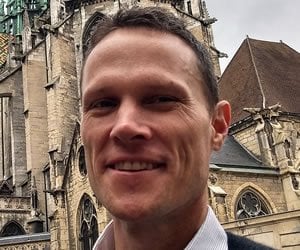
Psychology and Social Welfare
Stephen Aichele, PhD, is a research scientist in Switzerland in University of Geneva’s Psychology & Educational Sciences Department. Aichele received his bachelor’s degree in biopsychology from University of California, Santa Barbara (1994), followed by a ... Read more
Juliet Farmer
Updated August 31, 2022 by Juliet Farmer

Medical
Reposted from here with permission. As I sat in my institution’s white coat ceremony this past fall, I listened to our dean describe the process of selecting the newest batch of future doctors. I’m an MD/PhD student, ... Read more
Amanda King
Updated June 14, 2019 by Amanda King

Finding a Job
Make sure to check out Part I here! Today’s article takes a closer look at several key terms in employment contracts that can have a significant impact on a new physician – compensation methods, incentive ... Read more
Jennifer Colagiovanni
Updated June 26, 2022 by Jennifer Colagiovanni

Healthcare News and Policy
Junior doctors [and residents in the US] do a valuable and sometimes life-saving job for patients. They are the future in medicine and can bring enthusiasm and fresh ideas into the profession. Despite the importance ... Read more
Anne Caler
Updated June 26, 2022 by Anne Caler

Unmatched
I was in the middle of a fairly busy day on the palliative care ward, so I had to slip away to the quiet stairwell in order to pull up my Match Day result on ... Read more
Romesa
Updated June 26, 2022 by Romesa

Pre-Medical
Though the emphasis of the medical school application process lies on academic achievement, there are a number of personal qualities that pre-medical students should strive to develop if they wish to become superior physicians. The ... Read more
Anubodh “Sunny” Varshney
Updated June 26, 2022 by Anubodh “Sunny” Varshney

Physician Q&A
Neurologist David Perlmutter, Fellow of the American College of Nutrition and member of the American Board of Integrative Holistic Medicine, is an associate professor at the University of Miami Miller School of Medicine. Perlmutter received ... Read more
Juliet Farmer
Updated June 26, 2022 by Juliet Farmer

Medical School
One of the great things about your pre-clinical years (years 1 and 2) is that while you are studying all the time and trying to cram 500 facts into your head, you get to sample ... Read more
Adelle
Updated June 26, 2022 by Adelle
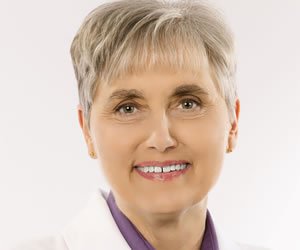
Physician Q&A
Terry Wahls, MD, is a clinical professor of medicine at the University of Iowa, where she teaches internal medicine residents, sees patients in the traumatic brain injury clinic and conducts clinical trials. In addition, she’s ... Read more
Juliet Farmer
Updated June 26, 2022 by Juliet Farmer
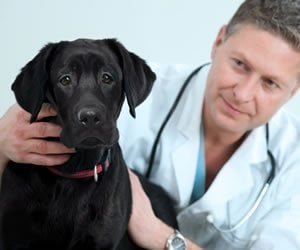
Veterinary Medicine
Joseph Kinnarney, DMV came to this year’s UC Davis Pre-Health Conference with one goal in mind: to “encourage great new minds to go into the veterinary profession”. With a keynote presentation entitled “Helping Animals and ... Read more
Suzanne Barston
Updated March 16, 2019 by Suzanne Barston

Insurance
The thrill and responsibility of holding someone’s life in your hands, the ability to act under pressure, and the satisfaction of doing good in the world—these are among the qualities that attract people to the ... Read more
Richard Reich
Updated June 26, 2022 by Richard Reich

Medical School
One of the things I enjoy most about writing this med school column is that I get to tell a unique story from a unique point of view. No two people will have the same set of experiences ... Read more
Adelle
Updated June 26, 2022 by Adelle
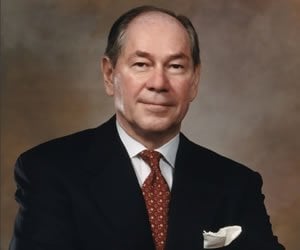
Physician Q&A
Norman J. Pastorek MD, FACS specializes in facial plastic surgery. He trained at The University of Chicago Illinois and is board certified by both the American Board of otolaryngology and the American Board of Facial ... Read more
Student Doctor Network
Updated June 26, 2022 by Student Doctor Network

Medical
While there were many engaging sessions held at the 2015 UC Davis Pre-Health Conference, a few stood out for being exceptionally inspiring. Dr. Lisa Lattanza’s lecture, “How to Be a Successful Female Surgeon”, was one ... Read more
Suzanne Barston
Updated March 16, 2019 by Suzanne Barston

Medical School
The transition to clinical clerkships in medical school comes after two years of lectures, in-class exams, and national board exams. Without a doubt, it is an exciting transition. It is a key stage in the ... Read more
AJ Nguyen
Updated June 26, 2022 by AJ Nguyen
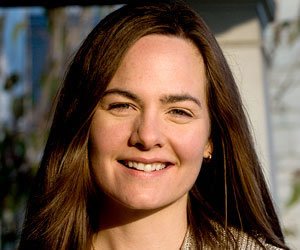
Physician Q&A
Dr. Christine Montross is Assistant Professor of Psychiatry and Human Behavior and the Director of Counseling Resources at the Warren Alpert Medical School of Brown University. She works as a staff psychiatrist at Butler Hospital ... Read more
Christy Duan
Updated June 26, 2022 by Christy Duan

















